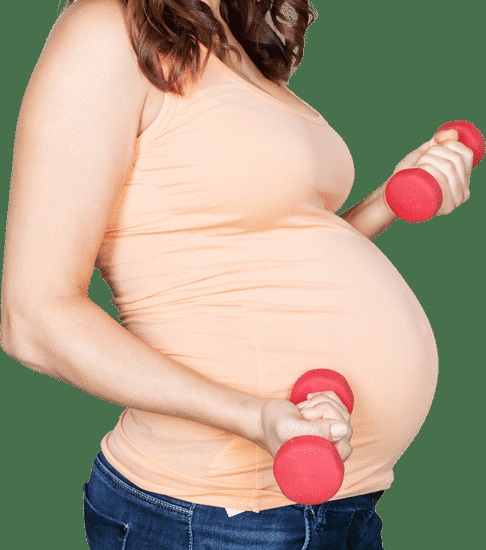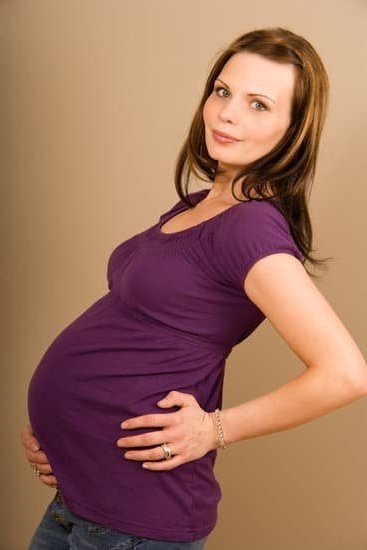When Is The Best Time To Get Pregnant?
Pregnancy is a wonderful gift and a life-changing experience. Knowing when the best time to get pregnant is one of the most important decisions you’ll make when planning to start a family. Here are some tips on how to know when to get pregnant.
What You Need to Consider
Before getting pregnant, consider the following:
- Your medical, mental, and emotional health
- Your current relationship status
- Your age and fertility levels
- Your lifestyle and level of support
- Your career and financial obligations
When to Seek Help
If you’re planning on getting pregnant, talk to your healthcare provider to understand your body and learn the basics of how to get pregnant. They’ll help you get acquainted with fertility tracking, for example, as well as common fertility treatments and medications. You may find it helpful to visit a reproductive endocrinologist to discuss your specific needs.
Your healthcare provider may also suggest a preconception checkup to ensure that you and your partner are healthy. During this appointment, your healthcare provider will want to discuss your family and personal medical history, health habits, and lifestyle.
Knowing Your Body
To know when the best time to get pregnant is, you should become familiar with your menstrual cycle and understand your body’s peak fertile time. Most menstrual cycles last 28 to 32 days, with ovulation most likely occurring on day 14, with day 1 being the first day of your period. Your fertile window is typically six days long, starting five days before and ending the day of ovulation.
Tracking Your Cycle
To hone in on your fertile window, track your cycle. This can be done through at-home ovulation predictor kits or by tracking your basal body temperature (BBT). BBT is the temperature of your body at rest, measured orally each morning with a thermometer. Generally, when a woman ovulates her BBT will rise 0.4 to 1.0°F, and remain high until her period comes.
There are also additional tests that can help to pinpoint ovulation, such as urine tests or fertility monitors. These tests provide more precise and reliable information about timing ovulation.
Conclusion
Knowing when the best time to get pregnant can be complicated but can help you plan a healthy, successful pregnancy. Talk to your healthcare provider about your body and cycle so that they can help you pinpoint when to start trying to conceive.
Take advantage of tracking your cycle and ovulation tests to get the most accurate information about what time frame is best for you to start trying to conceive. Being well-informed and prepared can help take the guesswork out of pregnancy planning.

Welcome to my fertility blog. This is a space where I will be sharing my experiences as I navigate through the world of fertility treatments, as well as provide information and resources about fertility and pregnancy.





